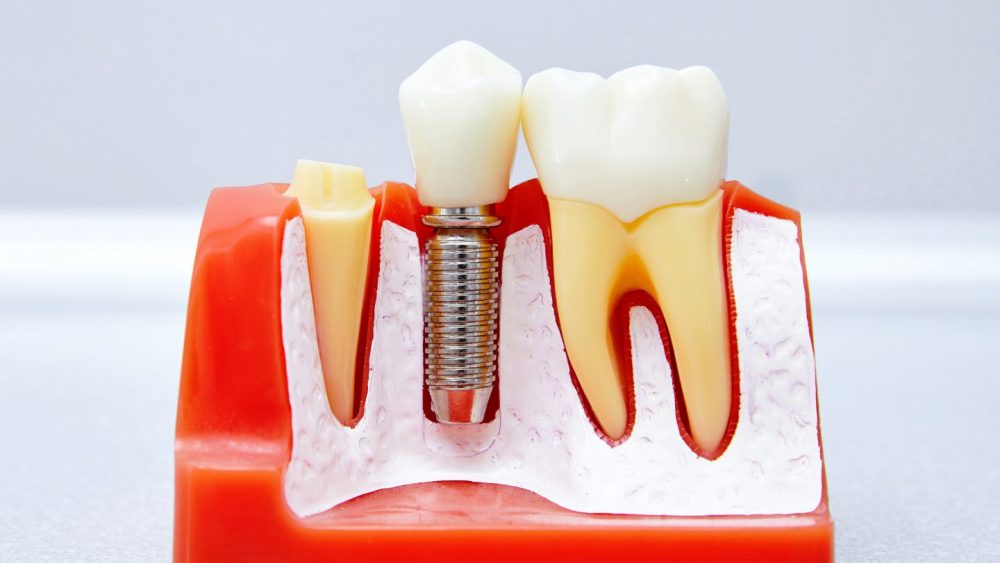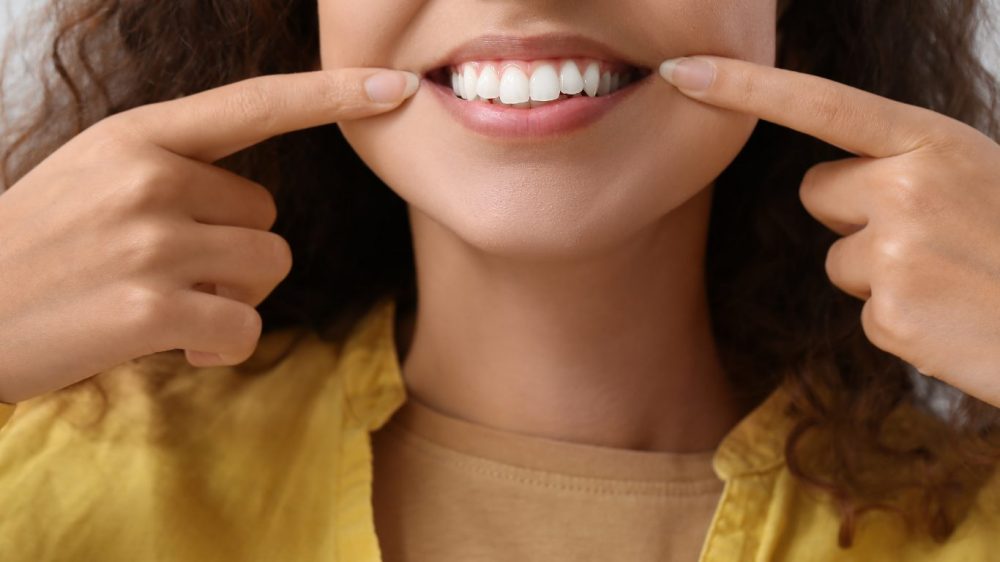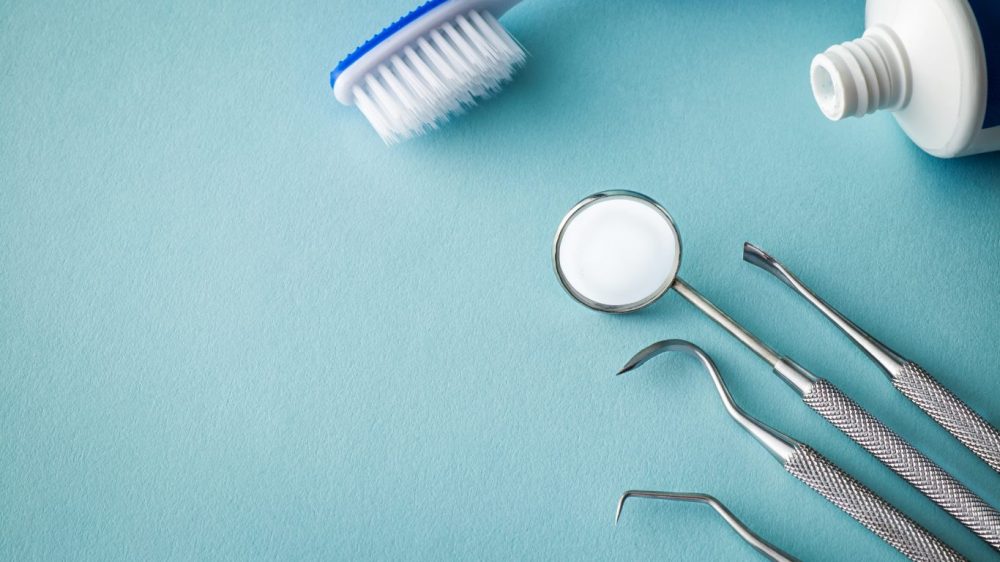
Dental Implants: What You Should Know
February 25, 2023
Who Is A Good Candidate For Veneers?
March 25, 2023Key Takeaways:
Pain or Sensitivity:
New or intensifying pain, especially when eating or drinking, and sensitivity to temperature could indicate a dental issue.
Bleeding Gums:
Bleeding while brushing or flossing can signal gum disease, requiring professional cleaning and care.
Gum Sores or Pimples:
Sores or bumps on gums could suggest infection, necessitating immediate dental attention to prevent further complications.
Whether it has been a while since you’ve seen a dentist or you are experiencing pain, you may wonder whether it is time to see a dentist. Any of the following are things to watch for, signs you need to see a dentist.
Watch out for these signs you need to see a dentist, and please act promptly if they apply to you.
Please remember that this article is purely educational and doesn’t cover every oral health problem. Call your dentist’s office if you have these or any other concerning oral health symptoms.
You are experiencing new or intensifying pain
Pain is a signal something is wrong. If you know the cause of the pain, have seen your doctor or dentist, and have a treatment plan, that may be fine. But new pain is a symptom of a developing health problem. Intensifying pain can be a sign that you weren’t correctly diagnosed or that the problem is getting worse. Also, we believe no one should have to live with untreated pain.
Contact your dentist if the pain is on or near a tooth, your jaw, gums, or soft tissue in your mouth. Be prepared to talk with your dentist about the pain.
- Where do you feel it?
- Does it worsen when you drink cold water, bite down, or eat certain things?
- When do you usually feel it? All day, or at specific times like when you wake up in the morning?
- Are there any other symptoms that might be connected? Be sure to share them even if they don’t seem to be related to your oral health.
- Be sure to keep your dentist updated regarding your medical history since sometimes things that don’t seem relevant are.
You notice sensitivity to temperature
If hot or cold drinks (or food) cause pain or discomfort, it is a sign you need to see your dentist. There are several dental issues this can be a sign of, including cavities, a fracture in a tooth, gum disease, worn tooth enamel, and too many others to mention.
When you see your dentist, please describe what triggers the sensitivity, which teeth are affected, the severity, and anything else you can think of.
You bleed when you floss
If you bleed when you brush or floss your teeth, that is a sign of gum inflammation or early gum disease. Bacteria accumulate in our mouths from eating, drinking, and simply living life.
Brushing your teeth removes most of it from the tooth, but it can still accumulate at and under the gumline. Flossing helps get rid of bacteria that your toothbrush can’t reach.
To prevent your bleeding gums from getting worse:
- Brush your teeth at least twice a day using a soft-bristled toothbrush and fluoride toothpaste.
- Floss daily to remove plaque and food particles between your teeth.
- Consider using an antiseptic mouthwash to help reduce bacteria and plaque buildup.
- Avoid smoking, chewing, or vaping tobacco.
- Limit sugar and simple starches as they contribute to bacteria leading to plaque.
- Visit your dentist’s office for professional cleaning as recommended (usually every six months, but some patients may need to go more often)
If the gum disease is early, your cleaning may act as a re-set and stop the bleeding. In other cases, if the disease has progressed, your dentist may want to do more examinations and recommend a treatment plan, including deep cleaning.
You have a sore or pimple on your gum or jaw
Sores, bumps, growths, or pimples near a tooth can indicate serious infection or lesion. Please contact your dentist immediately if you notice anything like this. Waiting too long can lead to needing a root canal or losing the tooth.
Common symptoms to look out for include:
- Swelling or redness around a tooth or gum area, often combined with pain or tenderness
- A bad taste in your mouth or bad breath
- Pus or discharge coming from your gums
- Pain when you bite down and even new sensitivity (as mentioned)
It’s been more than six months since you saw a dentist
People often put off their dental appointments, especially when they don’t feel any pain or discomfort. Your “routine” dental visits prevent pain and possible tooth loss. For example, the bacteria in our mouths build up and form plaque and tartar. Once it hardens, you can’t safely remove it at home, and it causes inflammation in the gums. Your cleaning or hygiene appointment removes plaque and tartar and gives your tooth and gums a re-set.
Also, the examination may mean your dentist will see cavities, receding gums, or even newly formed cancer earlier before you are in pain. Early detection leads to early treatment, and you may be able to avoid pain and dangerous conditions thanks to your preventative health practices.
You wake up with a sore jaw
Waking up with an achy or sore jaw is a symptom of chronic tooth grinding. This is common and often happens while you sleep, especially if you are stressed. This may sound minor, but the unnecessary pressure can lead to tooth fractures, shifting alignment of your teeth, wearing down the teeth, or making you more vulnerable to cavities.
If you grind your teeth, your dentist may prescribe a night guard to protect your teeth while you sleep.
You want to improve your smile’s appearance
Even if you don’t have oral health concerns, you may want to see a cosmetic dentist to improve your smile. Whether you wish for tooth straightening, teeth whitening, or more advanced cosmetic dentistry, it all starts with a visit to your dentist.
If you live in Charlotte and need to see a dentist, contact Southview Dentistry to schedule your appointment. Be sure to concisely describe any pain or dental problems that you have to make it easier for our team to ensure the best care possible.




